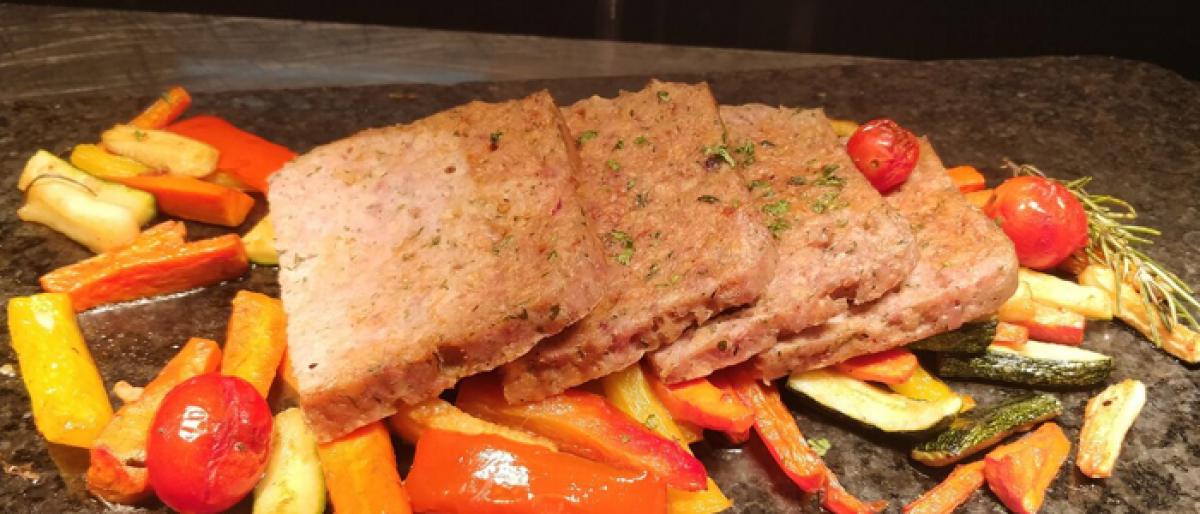Food from Munich, closer home

As Munich in faraway Germany revels in Oktoberfest, the beer aficionados back in the city of Nizams find their own watering holes to guzzle down mugs of the golden liquid, though it isnt the same To begin with, the variety of beer is limited, and the food isnt the same
As Munich in faraway Germany revels in Oktoberfest, the beer aficionados back in the city of Nizams find their own watering holes to guzzle down mugs of the golden liquid, though it isn’t the same. To begin with, the variety of beer is limited, and the food isn’t the same.
As far as Chef Shreya Velidanda at Deccan Pavilion, ITC Kakatiya hotel is concerned, she knew she cannot recreate Oktoberfest in its spirit, hence, she decided she had to get the food right.
What began with a variety of Sauerkraut (fermented cabbage cured in vinegar) – red cabbage, chilli, carrot, herbs, kale – each deliciously tangy and interesting went on to become a hearty fare of German cuisine. Sauerkraut is probably one of the most commonly used preparations in Germany, eaten just like that or by incorporating it into a dish, for example, an apple, sausage and sauerkraut tossed together or a savoury Strudel where it is rolled into a filo pastry instead of apple.
As a part of Oktoberfest promotion, the Chef created homemade Sauerkraut kept fermenting for a month to get the right taste. There was also a beautiful showcase of the breads – Pretzel, Landbrot, Funfkornbrot, Pumpernickel, Katenbrot, Vollkormbrot, Schnecken, Cipriani – freshly baked, each variant significantly unique in its taste further enhanced when eaten with Lamb Broth with potatoes, lamb cubes, carrot, wild rice floating in it (GaisburgerMarsch). In fact, Germans use vegetables as an accompaniment to the meats or in the broths. Otherwise its usually meat – port and beef dominating the cuisine.
Chef Shreya ensured she sourced the specific cuts of Pork that are popular during Oktoberfest and she recreated classics like Braised Pork with Horseradish sauce, Pork in Creamy mushroom sauce and the meatloaf served with grilled meats and vegetables and baked potatoes. The vast spread evidently included the desserts that mostly use berries, chocolate and of course the apple.
The taste profile of German food is somewhat similar across the recipes, the basic cooking methods that include slow cooking over a long period or quick preparations that just need tossing and turning, and rustic flavours give it a unique identity. Along with cold cuts that usually are found on the table during breakfast, smoked and cured meats are much in use in the cuisine.
For example, the German national dish sauerbraten is a pot roast that is made by marinating meat in wine, vinegar, spices, herbs and seasoning for up to 10 days. There are a whole lot of sausages too used, evidently. It was indeed this quality of the menu that is diverse and sumptuous, and at the same time distinct, that was on ample display at Deccan Pavilion on the Oktoberfest menu.









